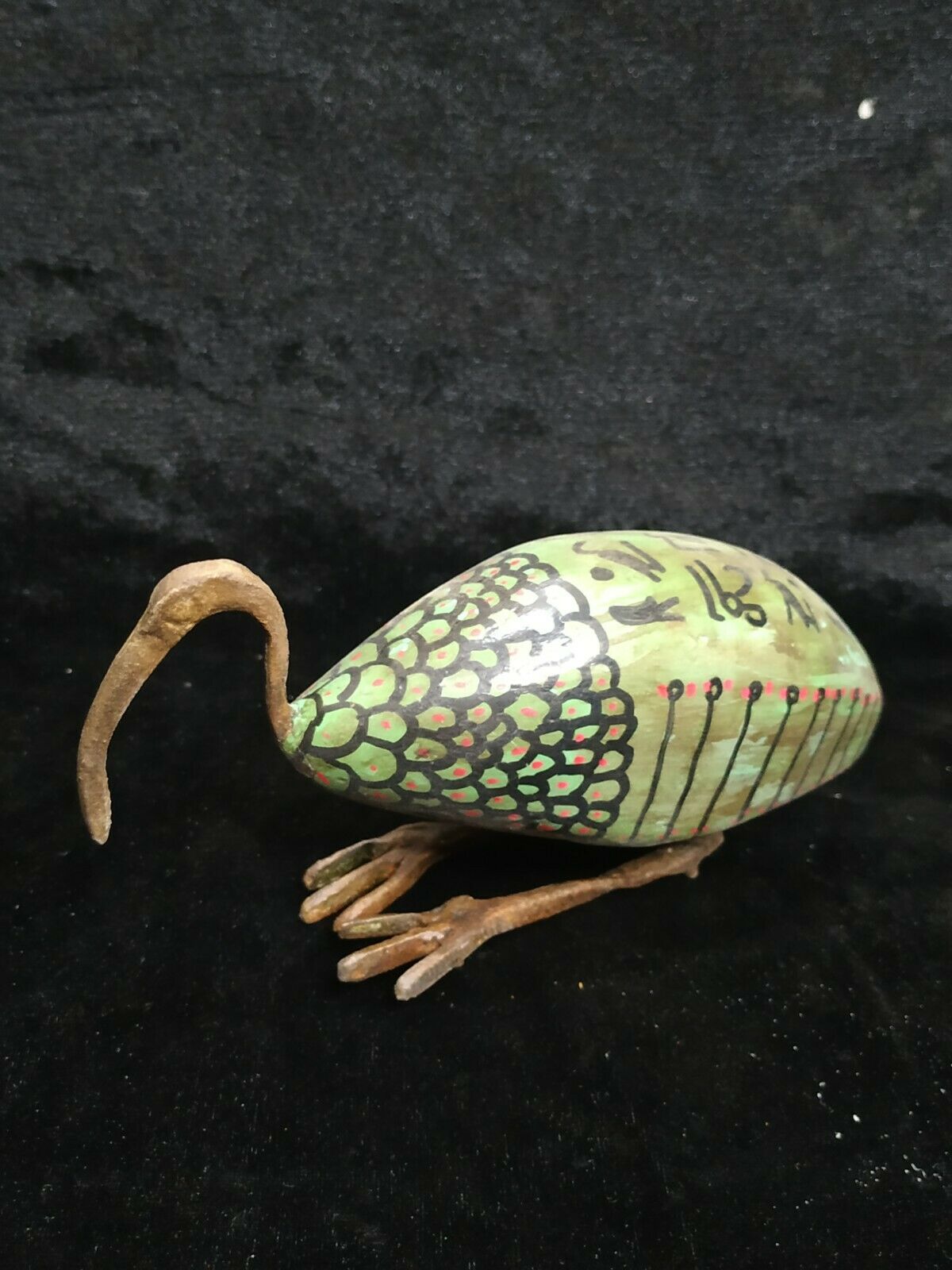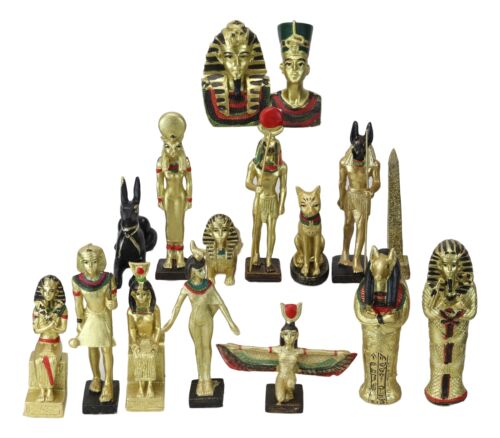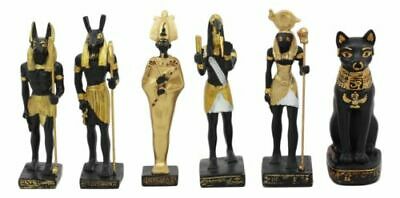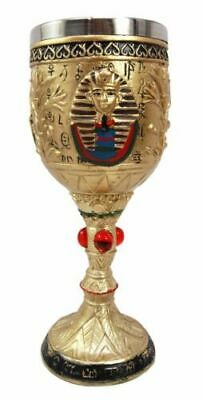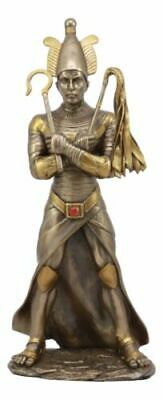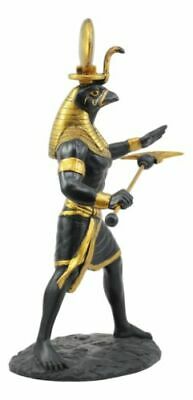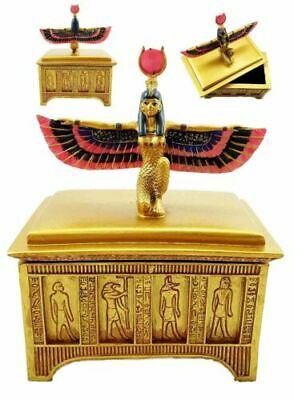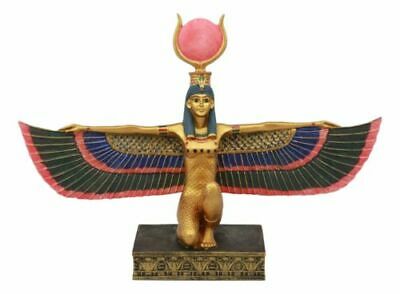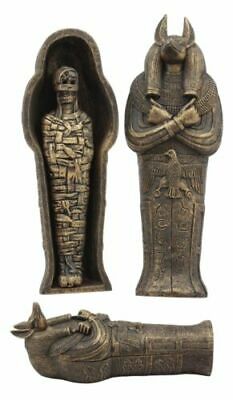-40%
a bird. Abu Mangal. holy. Ancient Egypt civilization
$ 39.59
- Description
- Size Guide
Description
ThottyThe god Jahuti was worshiped in Egypt from the beginning of the Dynastic Period until the Roman era, so he was the master of the scribes. Thothi is also revered as a god of the moon, wisdom, medicine, and various sciences. Thothy also had a prominent role in the other world.
Jahoti was depicted in two forms: he was sometimes represented as a baboon sitting cross-legged; At other times it was depicted as a ibis, or as a human figure with the head of a ibis carrying with it a palette and the writer's feather. On his head, he wore either the crescent moon surmounted by the full moon, or the Atef crown, or the crowns of Upper and Lower Egypt.
The center of the worship of the god Jahuti was Hermopolis or "Jimeno" as it was known in the ancient Egyptian language, which is now located near Ashmunin in Minya.
Thothi as god of the moon
As the god of the moon, Jahuti was organizing the seasons and counting the number of stars, and thus he was associated with astronomy, mathematics and arithmetic.
God of medicine
Mythology (myths) bear witness to the medicinal reputation of the god Jahuti; According to the Osiris myth, he helped the goddess "Anubis" and the god "Horus" to reassemble the body of the god Osiris, and he also taught the goddess "Isis" the necessary spells to revive her husband again. In another narration, it is said that he healed the eye of the baby god Horus, which the god Set read. It is also said that he brought Horus back to life after Isis found him dead after a scorpion sting. Thothi also replaced the head of the goddess Isis with the head of a cow after Horus overthrew her in a fit of rage.
Master of the Holy Word
Jahuti is credited with inventing the art of writing, and as a god of writing, he bore the title "master of the sacred word" and also personified divine speech. Jahoti was depicted as either a baboon or a ibis while he supervises and protects the scribes.
The hymns and prayers of the god Jahuti, which focus on his role as a master of scribes, were used as school texts as they were inscribed on the statues of the scribes.
Thottie in the other world
Jahoti was appearing in the scenes of the divine trial - which accompanies the texts of the Book of the Dead - while he was recording the results of the ritual of the weight of the heart in front of the symbol of justice "Maat", and he was also in charge of announcing the judgment, and in that case he was often depicted in a human image with the head of a sickle and sometimes as a baboon on top Justice scale.
